Final evaluation of the project that fosters proximity social-health services in the informal settlements of the Province of Foggia
Title Proximity socio-health service in the informal settlements of the Province of Foggia and promotion of good practices in the institutions of the territory
Location Province of Foggia, Italy
Duration 17 months
Project leader ITNERSOS Onlus
Partners ASL of Foggia, ASGI – Association for Legal Studies on Immigration, AIIMS – Association of Immigrants for Integration and Social Motivation
Funding Fondo Beneficienza Intesa San Paolo
Context
The project “Proximity socio-sanitary services in informal settlements in the province of Foggia and promotion of good practices in institutions in the area” starting in April 2020 is to be integrated with INTERSOS ONLUS interventions, ongoing since June 2018, in favor of residents of informal settlements in the Capitanata area (province of Foggia).
The main economic sector of the Capitanata area is agricultural production and in particular tomato production. For this resides throughout the area a large number of seasonal agricultural workers, as well as settled migrants, who work in the fields. The majority of foreign nationals who come to the area to meet the labor demands of local farms are without valid documents (e.g., residence permit) and are therefore unable to be able to rent housing; in other cases, the limited availability of economic resources precludes migrants from renting housing. These workers therefore dwell in informal settlements near the camps where they work.
The project specifically carries out a series of interventions in 7 of these informal settlements: Borgo Mezzanone, Gran Ghetto of Rignano Scalo2, Borgo Tre Titoli Area, Palmori Area, Poggio Imperiale Agro Area, Former Daunialat Factory, Borgo Cicerone.
Socio-sanitary inclusion of residents of informal settlements in the territory focuses mainly on two objectives:
- the promotion of the right to health and access to public health,
- the promotion of access to labour rights protection services.
For the component dedicated to the promotion of the right to health, the project included significant involvement of the local ASL through the establishment of a technical table in order to involve local institutions in the project action.
General Objective
The M&E and Impact Evaluation Unit carried out the monitoring and then the final evaluation of the project. The monitoring report was prepared at the eighth month of the project, with the aim of verifying the progress of planned activities and their actual implementation. The final evaluation, on the other hand, focused on what was achieved at the end of the 12-month project implementation.
Our contribution
The methodology of the final evaluation was based on 3 methodological components
- the analysis of the achievement of output and result indicators
- use of mixed qualitative and quantitative methods for data collection and analysis
- the use of a participatory approach.
This methodology was conceived by ARCO’s M&E and Impact Evaluation Unit in order to allow the remote implementation of all data collection activities necessary for the realisation of the project evaluation. ARCO therefore involved coordinators, operators, medical staff, cultural mediators and relevant stakeholders in semi-structured individual remote interviews by means of digital video calling platforms.
Read more on our M&E and Impact Evaluation Unit
Related Projects
-

Monitoring Information System for project WATDEV on water management and sustainable development in East Africa
-

Research on knowledge, attitude, social norms and practice on reproductive health rights and gender-based violence in Narok county, in Kenya
-

Evaluation of the project that promotes food security and climate resilience in Mozambique
-
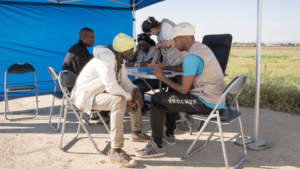
Evaluation of the project strengthening migrants’ right to health in Italy, Greece and Malta
-

Final evaluation of the project that strengthens olive farmers’ resilience in Southern Lebanon
-
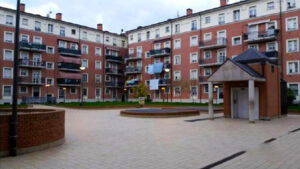
Social impact assessment of the Rapporti Corti project for socio-educational inclusion in the Navile district of Bologna
-

Evaluation of the Naseej project to stop gender-based violence in Iraq, Yemen, and Palestine
-
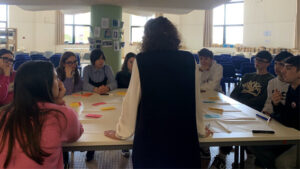
Evaluation of the project that promotes youth employment in Italy
-
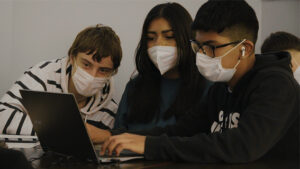
Final evaluation of the ‘5G Smart School’ project for innovative teaching in Italian schools
-
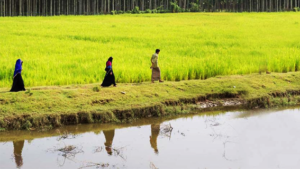
Evaluation of the project that fosters mainstreaming migration into international cooperation and development policies
-

Final evaluation of a project to contrast educational poverty in Albania
-
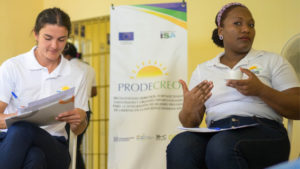
Evaluation of the project PRODECREO to promote the rights and socio-occupational reintegration of women deprived of their liberty in the Dominican Republic
-
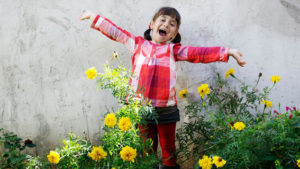
Final evaluation of the SOS Children’s Villages family strengthening project in Bosnia and Croatia
-

Evaluation of the project for the motor rehabilitation of oncological children in Turin
-
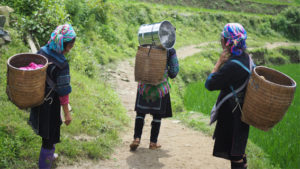
Evaluation of the project that aims to improve the health of the most vulnerable in Myanmar
-
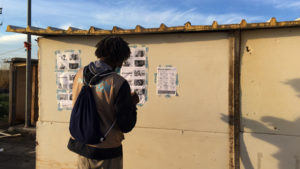
Final evaluation of the project that fosters proximity social-health services in the informal settlements of the Province of Foggia
-

Food Wave, Monitoring the project that promotes sustainable food consumption among young Europeans
-

Spazio Donna, evaluation of the projects to foster women empowerment and contrast gender-based violence
-

Evaluation of the projects “M’Interesso di Te” that tackle unaccompanied foreign minors’ integration
-
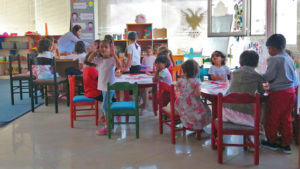
Evaluation of psycho-socio-sanitary interventions in response to the COVID-19 pandemic and the earthquake in Albania
-

Final evaluation of the Youth For Love project to raise young people’s awareness of gender-based violence
-
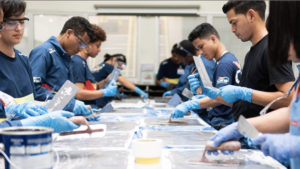
Multi-country mid-term evaluation of the YouthCan! programme, promoting the employability of vulnerable young people
-

Final evaluation of WEGO2 to support women economic empowerment contrasting intimate partner violence
-
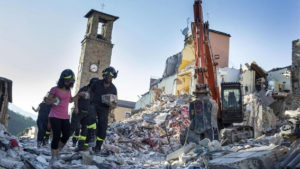
Action Research for the project Do.N.N.E against gender-based violence in Central Italy
-

Evaluation of the project “Mentors for Resilience” to contrast educational poverty
-
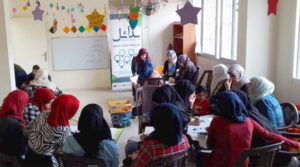
Outcome Harvesting of the project that aims to promote stability and social enterprise in Lebanon
-
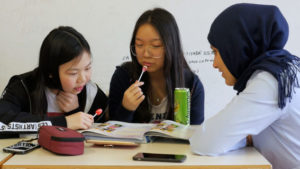
Annual evaluation and SROI of the programme “Nessuno Escluso” to contrast social exclusion and educational poverty in Tuscany
-
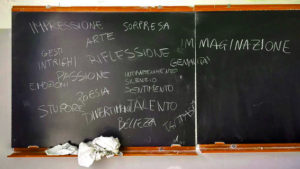
Evaluation of the project “Dreams and Needs” to contrast educational poverty in Italy
-
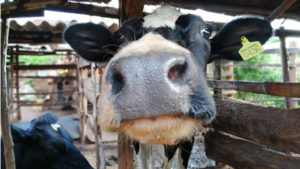
Mid-term evaluation of the project MilKy for the development of a sustainable dairy supply chain in Kenya
-

Final evaluation of Pe.R.Co.rrere: resilience of communities in Center Italy
-

Evaluation of the promotion campaign for Piave DOP cheese in Austria, Germany and Italy
-
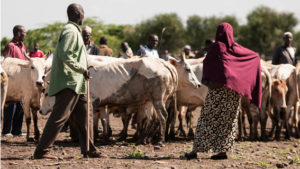
Mid-term & final evaluation of a project to strengthen resilience to climate shocks in Kenya
-
Evaluation of the promotion campaign for Italian specialities in Japan
-
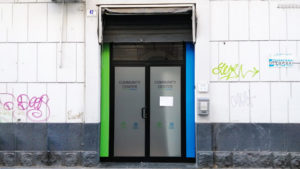
Community center, final evaluation of the social inclusion project
-
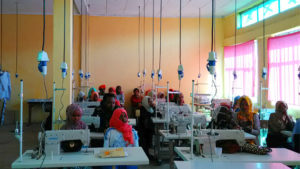
Mid-term evaluation of the project to contrast irregular migration in Ethiopia
-
Mid-term evaluation of the project for the conservation of Protected Areas in Albania
-

Social Impact Assessment of children’s protection programmes in Kyrgyzstan
-
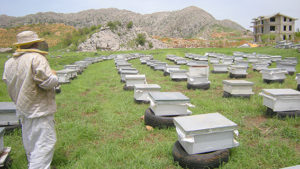
Monitoring&Evaluation of reintegration services for drug addicts and ex-addicts in Lebanon
-
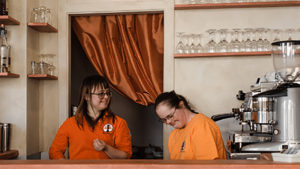
SROI Analysis, Albergo Etico social performance
-
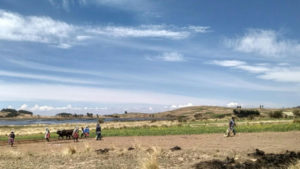
ECO.COM: strengthening local economic development in Bolivia
-

Improving the sustainability in the cherry supply chain in Bulgaria and Turkey
-
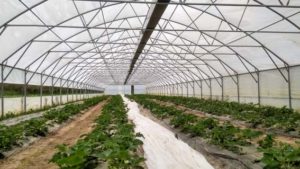
Evaluating sustainable agricultural supply chains in Bosnia Herzegovina and Albania
-
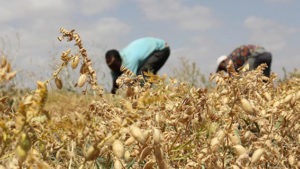
Impact evaluation of the creation of a durum wheat supply chain in Ethiopia
-
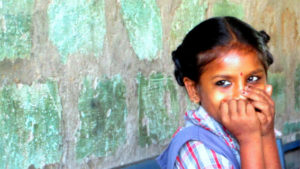
Impact evaluation of a Rehabilitation programme in India